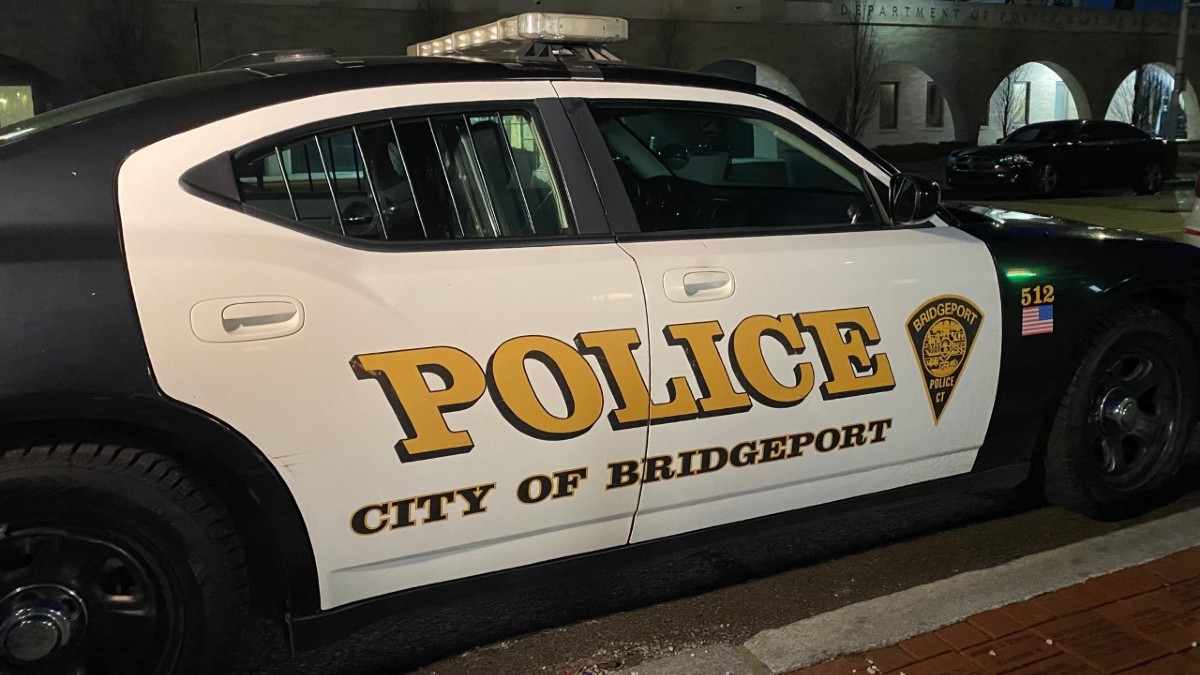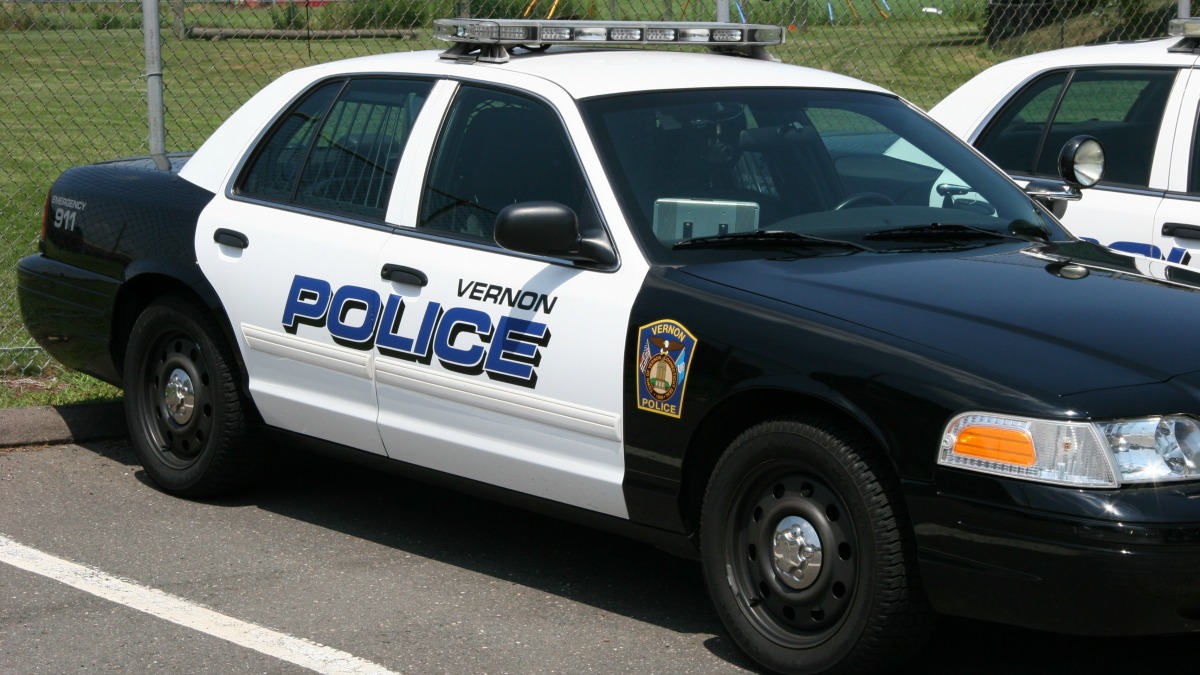It was quite the surprise for people in North Haven - they woke up on Wednesday to a bear wandering near their homes and some busy roads. Officials are reminding people about the Dos and Don’ts when it comes to bears.
“Usually have a skunk or a opossum, but never a bear,” said North Haven resident Jennifer Bassett.
But Wednesday morning Bassett and her husband caught video and a picture of one out for a casual morning stroll.
“We didn’t go outside. We just let him go on through and do his thing and hope he didn’t eat the garden. And if he did, he did!” said Bassett.
Get Connecticut local news, weather forecasts and entertainment stories to your inbox. Sign up for NBC Connecticut newsletters.
“It’s just so not common here, so the whole day I’ve been looking around,” said North Haven resident Siobhan Marie Day.
Day was asleep when the unexpected guest took a leisurely tour of her backyard.
While the bear decided not to bother with the gardens, North Haven Police say they received several reported sightings on Route 22 and Victor Road and Mill Road.
Local
“At any given time it seems now you can expect that a bear might walk up in your yard,” said Day.
“As all this development is taking place all over Connecticut, land is being sold, homes are being built, there’s a displacement of wildlife. And I think this is part of what we’re seeing with seeing bears here even in North Haven,” said First Selectman Michael Freda.
Town officials say bear sightings even in heavily populated areas are on the rise, and on Wednesday police posted a little reminder for everyone.
“Bird feeders, things like that, they should be taken out and not be put out, particularly from March to November. That’s a key time when bears are looking for food,” said Freda.
Homeowners are also asked to place garbage cans inside a garage or shed. Police say you can add ammonia to keep bears away. They also recommend cleaning and storing grills after use.
When it comes to what not to do, officials say don’t feed the bears, don’t approach them, don’t leave pet food outside overnight, don’t add meat or sweets to compost, and don’t store bird seed or recyclables in a porch or screened sunroom.
They’re small changes that can make a big difference when trying to keep wildlife at a distance.



